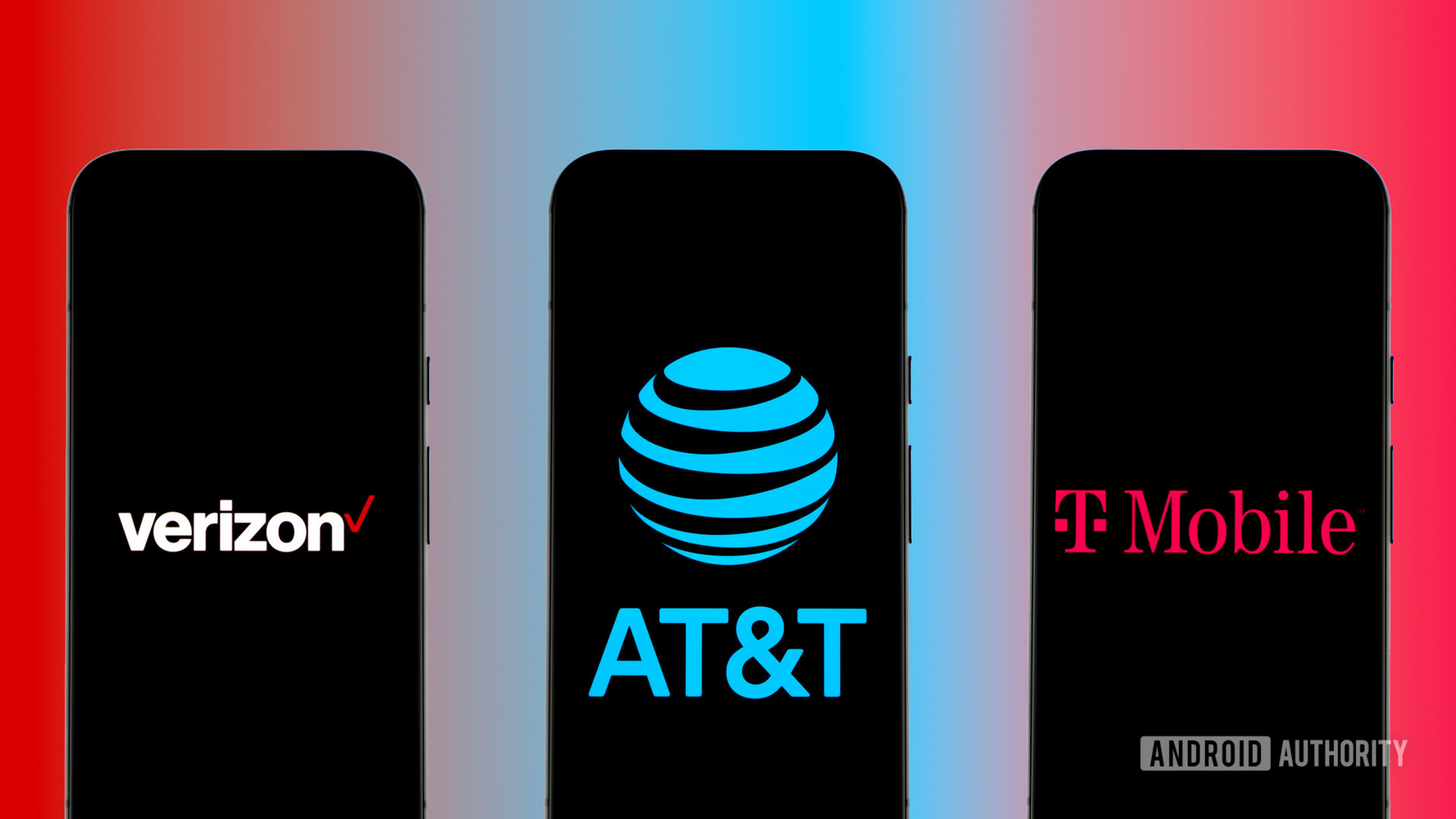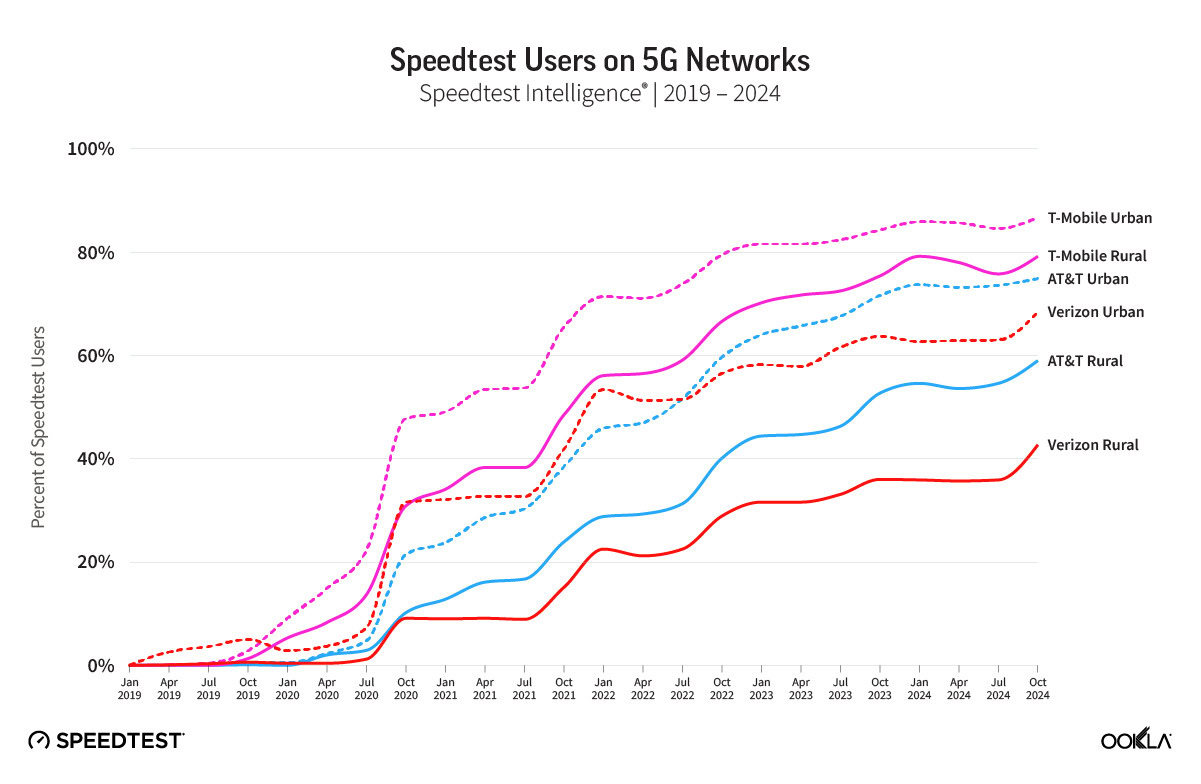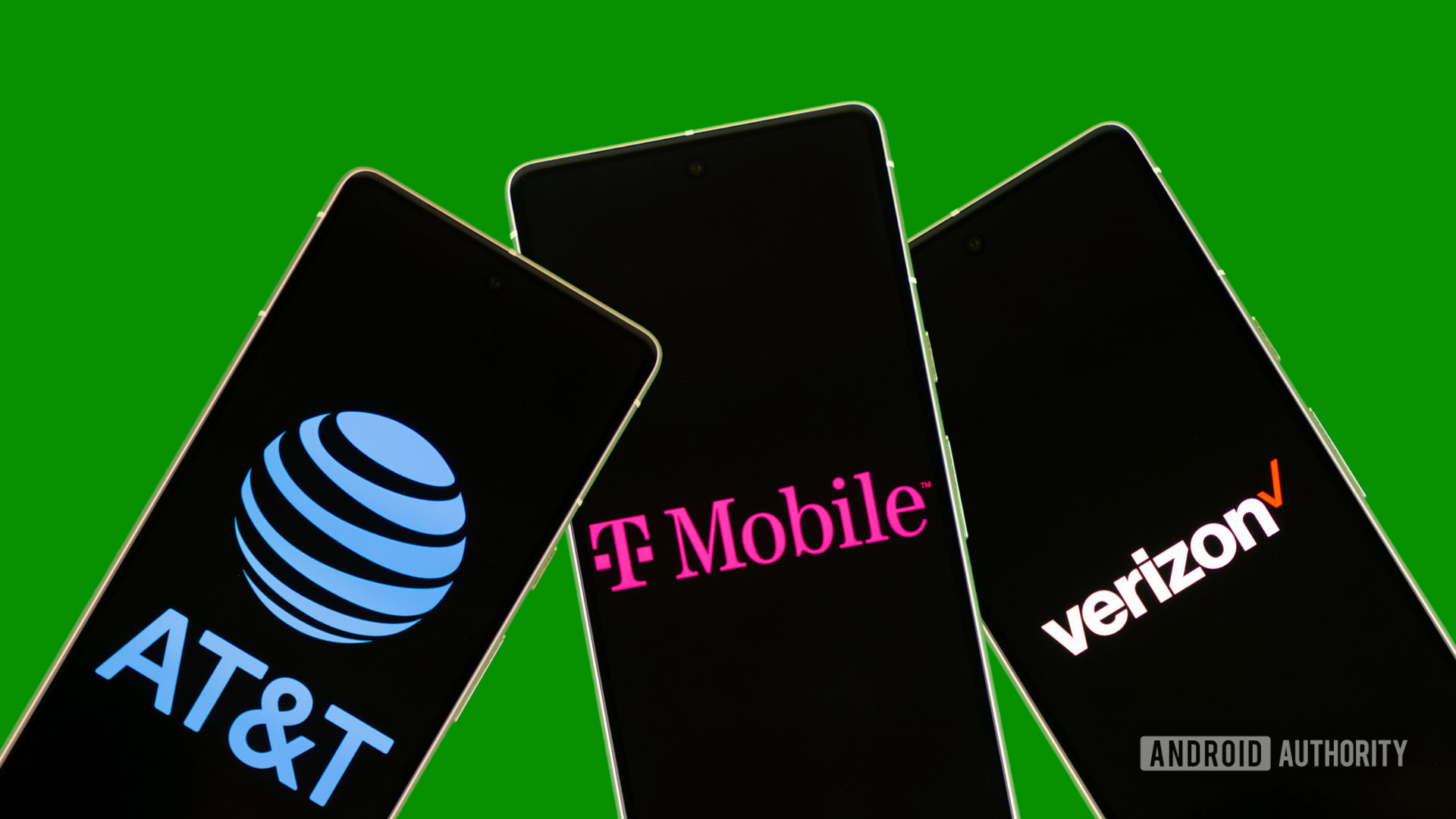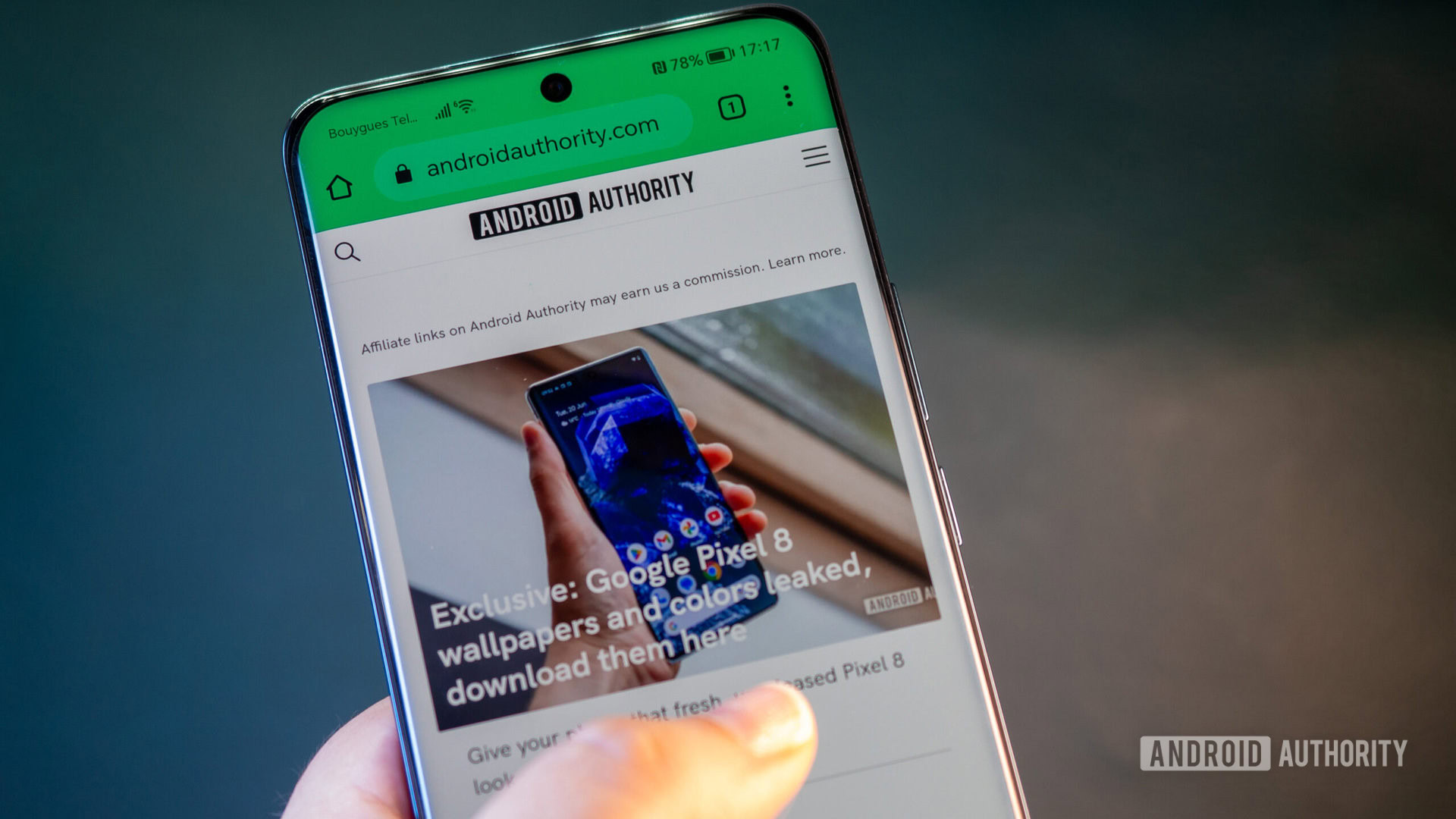[ad_1]

Edgar Cervantes / Android Authority
TL;DR
A study found that out of the big three, T-Mobile has the largest percentage of 5G users who spend the majority of their time on 5G in both urban and rural areas.
The big three have focused much of their attention on Illinois and Nevada in terms of building out their 5G availability.
Wyoming has the lowest 5G availability for all three carriers.
If you live in a big city, you don’t really have to worry about connecting to a 5G network. It’s once you leave an urban market and enter into a rural area that 5G availability really drops. For those who reside in rural areas, it looks like T-Mobile is your best bet for accessing a 5G network. This is the conclusion a new report has reached after looking into 5G availability across the country.
The folks over at Ookla have released a report on how likely a user, on average, is to have 5G service available to them in urban and rural areas. This study measures 5G availability in these markets between January 2019 and October 2024. Ookla states that its results are derived from comparing Speedtest users on 5G networks from the top three providers in the US.

According to the study, in the second half of 2024, T-Mobile had the highest 5G availability score at 89.4%. Not only did T-Mobile outdo AT&T and Verizon in urban 5G availability, but also in rural availability. Comparatively, AT&T came in second place and Verizon came in last.
Best states for 5G availability by carrier

Edgar Cervantes / Android Authority
The study goes even further to break down the 5G availability for each carrier by state. For T-Mobile, it appears Florida and Connecticut are the top states for highest rural 5G availability at 83.58% and 80.62%, respectively. While Nevada and Illinois have the highest urban 5G availability at 91.86% and 91.78%, respectively.
Texas (78.17%) and Florida (75.24%) are the best states for rural 5G availability, if you have AT&T. Florida (91.1%) also has the second biggest 5G availability score for the urban market, while California edges it out at 92.47%.
The percentage of users who have access to 5G really seems to drop when we look at Verizon. Ohio (56.07%) is the leader for rural 5G availability on Verizon with Arkansas (44.51%) as the runner-up. As for urban 5G availability, Ohio (73.86%) is once again at the top, and California is in second place with 67.76%.
It turns out Wyoming is the only state with the worst 5G availability score for all three carriers. On T-Mobile, only 59.29% of users were able to stay connected to a 5G network. This drops to 29.73% for AT&T and 9.8% for Verizon. This isn’t much of a surprise, as Wyoming has one of the lowest population densities in the country and its residents are mostly located in a few cities.
Different approaches to 5G

Rita El Khoury / Android Authority
Ookla notes that 5G availability is not just determined by coverage, but also by the network policies of each provider. For example, if a task isn’t data-intensive, a carrier may prioritize 4G LTE over 5G. The big three have all approached 5G in different ways.
After its acquisition of Sprint, T-Mobile aggressively expanded coverage in rural markets between 2020 and now. This has partly to do with the company following through on a condition imposed by the Federal Communications Commission (FCC). For the acquisition to be approved, the FCC required T-Mobile to deploy 5G service to 97% of the US population within three years. After six years, it would need to reach 99% of the population.
On the other hand, AT&T has benefited from being awarded the FirstNet contract, which is a public safety network for first responders. AT&T has focused on building out this network nationwide to ensure first responders can stay connected even in rural areas. In addition to FirstNet, the company is working on deploying 5G across its low-band spectrum and is building out its mid-band 5G network.
Meanwhile, Verizon’s strategy has mostly consisted of acquistions and reliance on its C-band. It has purchased a variety of local providers like Bluegrass Cellular, Chat Mobility, and Triangle Mobile, but that hasn’t really done much to expand its 5G coverage. However, the company’s CEO has said there are plans to expand its C-band 5G network in suburban and rural areas.
Rural 5G availability set to improve
In short, 5G availability in rural areas is continually getting better. On top of that, there are efforts to further improve availability, particularly through the FCC’s 5G Fund for Rural America, which would give up to $9 billion to carriers that bring 5G to more homes.
[ad_2]
Source link













